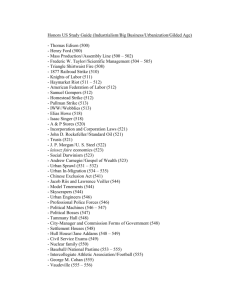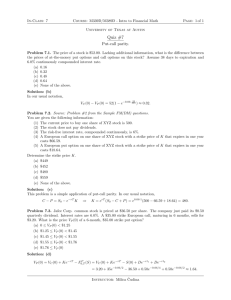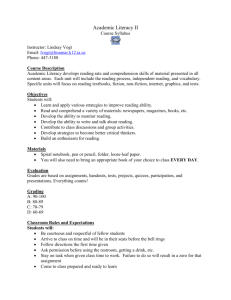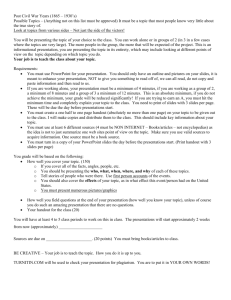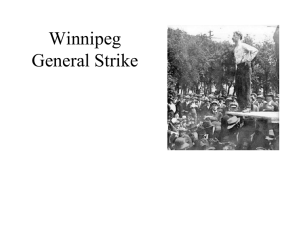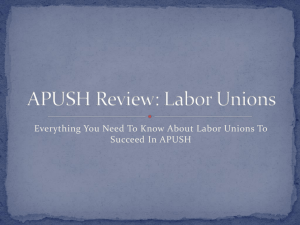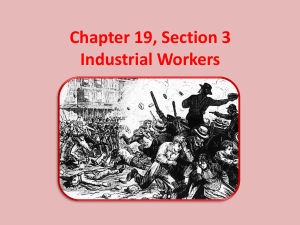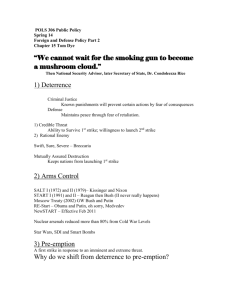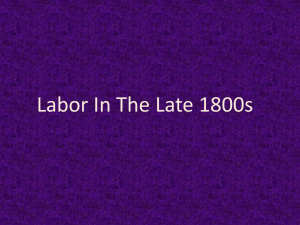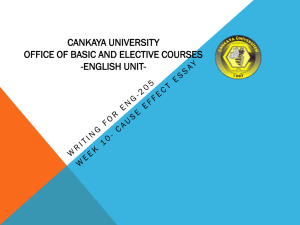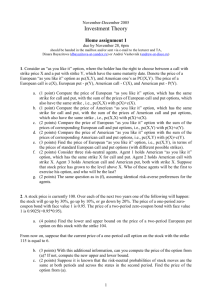APUSHUNIT6BigBusiness
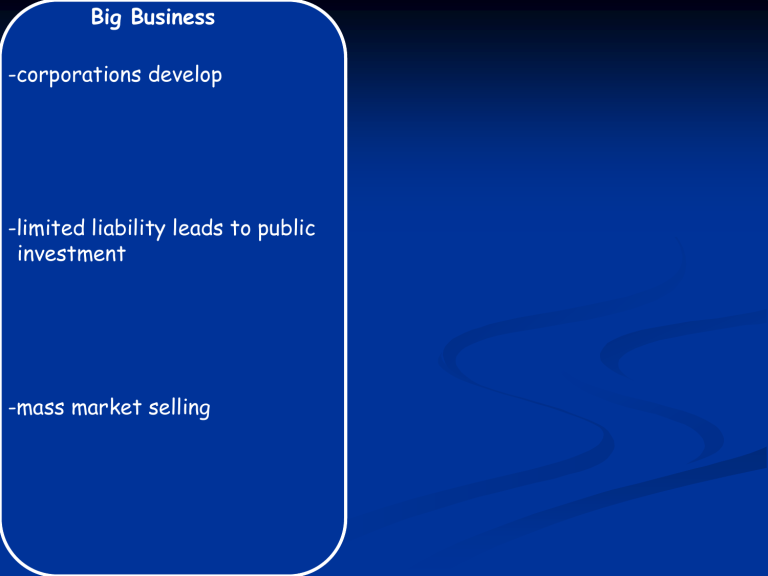
Big Business
-corporations develop
-limited liability leads to public investment
-mass market selling
Andrew Carnegie
Advantages Of Big Business
-greater efficiency
-economy of scale
-manager system
-productivity studies
FrederickTaylor
Disadvantages of Big Business
-unfair competition practices
-corruption and bribery
-destroyed labor union movements
JD
Rockefeller
JP
Morgan
Public Reactions
-mixed public feelings
-*Social Darwinism
-based on Darwin’s theory of evolution
-survival of the fittest
-also applies to the business world
-the best businesses survive
-justified their wealth
*-”Gospel of Wealth” – written by
Andrew Carnegie to explain why philanthropy was important
-rags to riches
“American Dream”
*Horatio Alger dime novels
Types of Big Businesses
-monopoly—when a business controls all or most of the supply of a product
-trust—when several businesses act as one under the control of a board of directors
-merger—when two or more businesses join to become one larger business
-holding company---business which exists in order to control other businesses as a parent company
*-horizontal integration —type of monopoly formed by controlling all of the same type of business
*-vertical integration —monopoly formed by controlling businesses related to the primary business
Types of Big Businesses
-monopoly—when a business controls all or most of the supply of a product
-trust—when several businesses act as one under the control of a board of directors
-merger—when two or more businesses join to become one larger business
-holding company---business which exists in order to control other businesses as a parent company
-horizontal integration —type of monopoly formed by controlling all of the same type of business
-vertical integration —monopoly formed by controlling businesses related to the primary business
Robber Barons
-extreme profits made by business owners
-Philanthropy???-donated millions, but still had 100s of millions
-big business practices exposed
-public finally began to call for regulation
*-Sherman Anti-trust Act,
1890
Illegal for a trust to interfere in free trade
-weak law but set a precedent for future regulation
Robber Barons
-extreme profits made by business owners
-Philanthropy???
-big business practices exposed
-public finally began to call for regulation
-Sherman Anti-trust Act, 1890
-weak law but set a precedent for future regulation
URBAN LABOR
-increased 400% by 1890
-mostly unskilled labor
-assembly line work
WORKING CONDITIONS
-sweatshops
-low wages
-long hours – 12+ days, 6 days a week
-dangerous conditions – no ventilation, no air or heat. 675 killed per year
-company towns
-child labor
WORKING CONDITIONS
-sweatshops
-low wages
-long hours
-dangerous conditions
-company towns
-child labor
LABOR UNIONS
-tried to improve conditions of workers used strikes
Collective bargaining
Arbitration
-owners countered blacklists lockouts scabs – replacement workers
injunctions – court order to stop an action
GOV’T INTERVENTION
RR strike of 1877 (aka Great
Strike) Baltimore & Ohio RR protest wages; strikes spread to others
-violent protests
-Federal troops sent to restore order
KNIGHTS OF LABOR
Terence Powderly – creates the
Knights of Labor Union
*-any kind of labor workers accepted
-eventually failed
-weakness?? Unskilled workers lacked leverage with employers
HAYMARKET SQUARE
Chicago strike of 1886
*strike over police brutality
-bomb thrown at protest
-several people killed – 7 police officers, 3 workers
-union activity was blamed for the violence – several union leaders convicted and executed
- Led to decrease in labor unions
AFL
Samuel Gompers – leader of the American Federation of
Labor
-only allowed skilled labor to join
-made strikes a legitimate weapon for union
INDUSTRIAL UNIONS
-union combining all workers of an industry
-Eugene V. Debs – created the first major labor union
-United RR workers
-Pullman Coach strike, 1894
-Government steps in –Debs is jailed
-Debs leaves prison as a socialist
Women Workers
-worked for better conditions for miners
-used women and children in the strike process
Mary Harris “Mother” Jones
-advocated against child labor
Pressure on Gov’t
-public supports the plight of workers but likes cheap products
-Triangle Fire – 146 women killed; doors were blocked.
-gov’t regulations on working conditions and child labor
-Homestead Strike
-violent strike between workers and owners
-damaged Carnegie (working conditions)
-Ludlow Strike violent strike in a mine owned by Rockefeller

